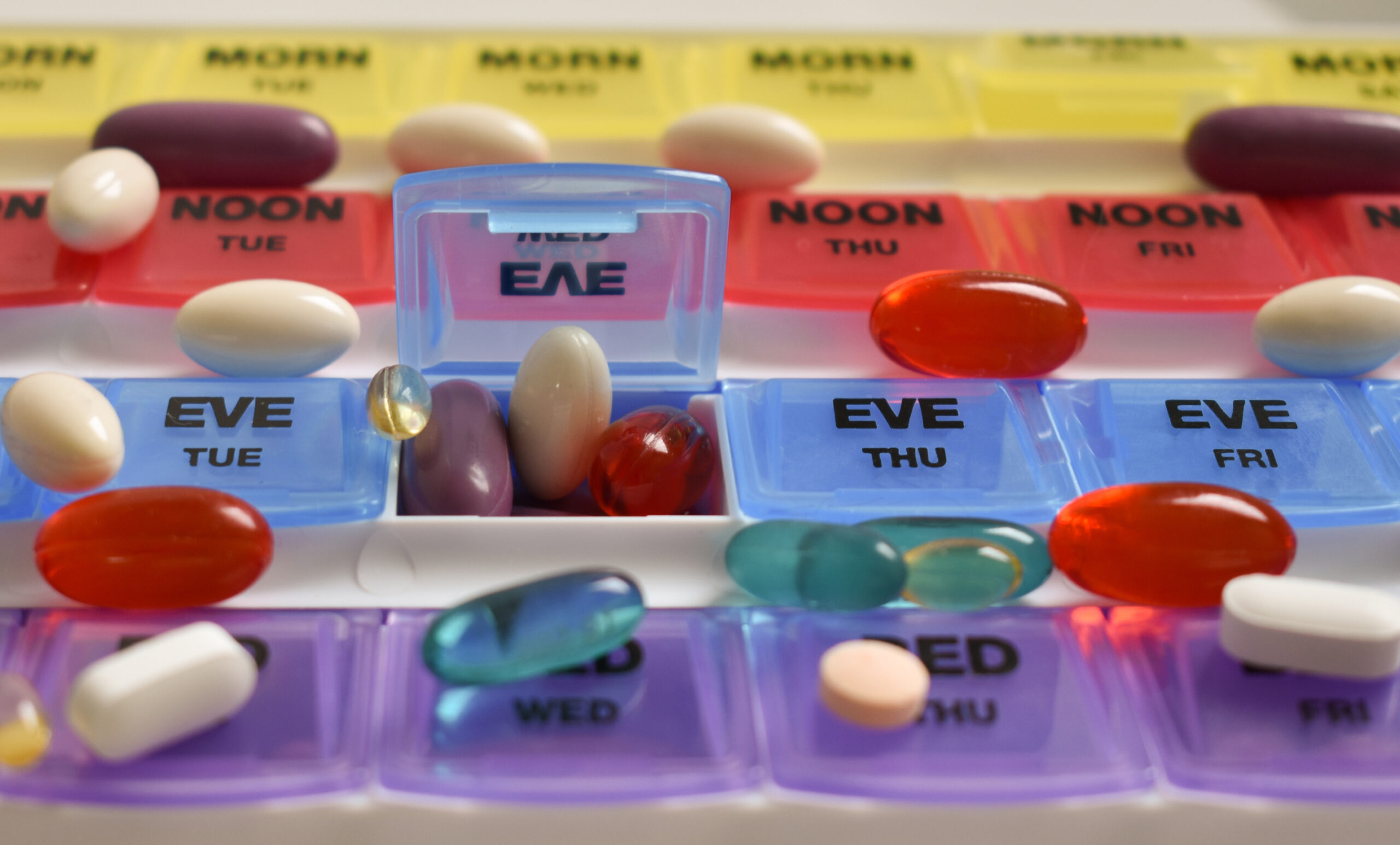Many older adults, especially those with multiple chronic health conditions, are taking several different medications each day and not only are they more likely to have dangerous drug interactions, studies have shown that nearly half of drugs are not taken as prescribed.
According to a study published in the Annals of Internal Medicine, non-adherence to prescribed medication accounts for at least 10 per cent of all hospitalizations in the United States and an estimated 125,000 deaths. Not only do patients fail to follow instructions on how and when they should take their medications, between 20 and 30 per cent of prescriptions are never filled.
These unnecessary and preventable hospitalizations and health complications that sometimes lead to death not only put older adults at greater risk for a loss of independence, lack of adherence costs the American health system as much as $289 billion each year. And while it is true that in many cases, a careful review of medication by a geriatrician may lead to a reduction in the number of drugs older adults take each day, proper medication management could save countless lives and give older adults a better quality of life.
Besides not wanting to pop pills or being worried about drug side effects, cost is also a major factor in non-adherence. Talking with your doctor about these issues can help resolve any problems patients may have with adhering to their prescriptions. Generic drugs or a less expensive medication can help lower out-of-pocket costs.
Older adults may also become confused managing their own medication and caregivers may need to step in and help create a system to ensure seniors are taking their medications as prescribed. Many home care agencies can arrange for a weekly visit from a nurse to fill medication organizers, make sure prescriptions are renewed, monitor any health changes and communicate any concerns with the patient’s doctor. At least once a year, older patients should review all their medications with their doctors, discussing side effects, continued benefits and alternatives.
The use of multiple medications is a risk factor for falls, especially among adults over the age of 65, but older adults should never stop taking a medication abruptly without discussing it with their doctor first. Each time a medication is added or dropped from senior’s regime, all drugs should be reevaluated. Keep your Medication Checklist, available in The Oldish’s Toolkit, up to date and take a copy to every doctor appointment.
Learn more about medication management for older adults my following this link to the U.S. Food and Drug Administration website.






I find blister packs are a God send as I have a lot of different pills. One lot for the beginning of the day, one for bedtime.
As I’m having trouble with my memory I suddenly started skipping the odd day here or there. Even lay awake all night as I had forgotten the evening one with my sleeping pills, amongst the others.
I tried putting the blister pack on the counter by my sink with my tooth brush and paste on it. That worked for a short while till I realized one day, that I’d brushed my teeth then put the brush and paste back down on my blister pack without taking my pills! Bugger!
I had to rethink it then. I came up with the idea of putting the pack on the floor just past the bathroom door. This way when I go to bed, I can see it clearly when I go down the hall. After taking the pills, I throw it immediately back out on the floor. In the morning when I go to the bathroom, there it is in front of me. I usually put it in the sink as I pick it up so I see it when I brush my teeth. If I put it on the counter I could easily overlook it and not take the pills.
I have the odd time when I’ve found I’ve forgotten to take one morning one. No idea how that happens but it’s not often. If I am wide awake in bed for a long period of time I will get up and check that I’ve taken the evening lot.
I don’t know if this helps anyone, but it works for me.
We have to outwit ourselves now. ????
Thank you for sharing your challenges and solutions. We’ve found that people use a variety of reminder tricks ranging from homemade to technologies like alarms and reminders on smartphones. Truthfully, the thing that works is the one that successfully reminds you. We did a review of a non-tech product called Easy Daysies and it works for a lot of people who need help remembering medications but also other tasks of daily living. You can see that review on Episode 10 of The Oldish Live.